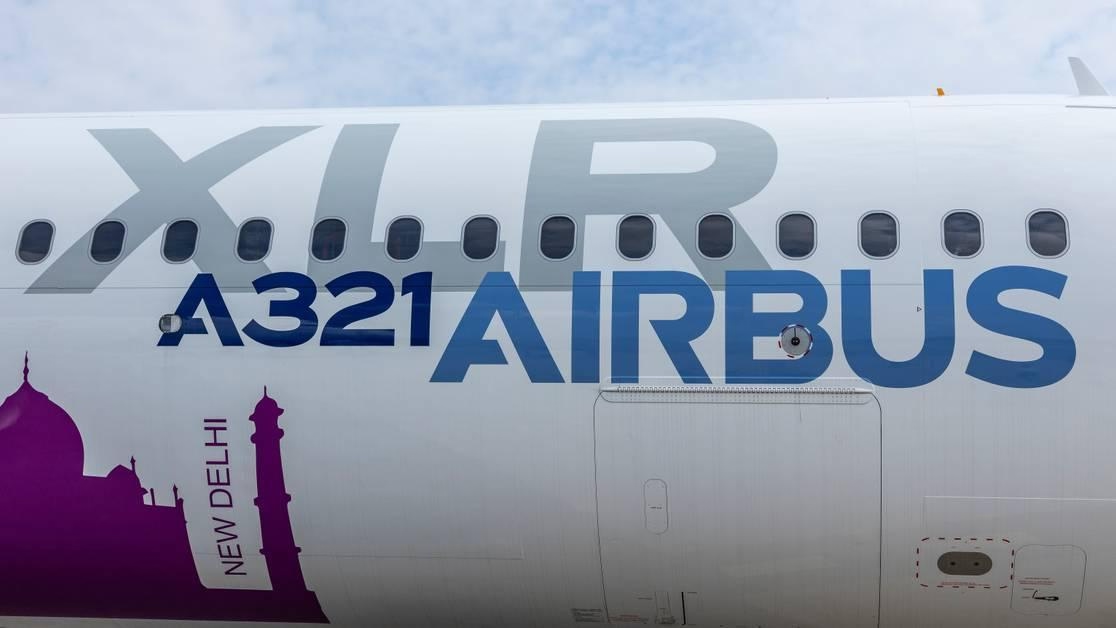AeroGenie — Your Intelligent Copilot.
Trending
Categories
A321XLR with Pratt & Whitney Engines Receives EASA Certification

Pratt & Whitney-Powered A321XLR Secures EASA Certification
Certification Milestone and Technical Advancements
Airbus has announced that the A321XLR equipped with Pratt & Whitney engines has received type certification from the European Union Aviation Safety Agency (EASA), paving the way for its entry into service in late 2025. This certification follows a comprehensive testing campaign and represents a significant advancement for the long-range, single-aisle aircraft. The A321XLR variant powered by CFM LEAP-1A engines was previously certified by EASA in July 2024, with initial deliveries to Iberia and Aer Lingus scheduled shortly thereafter.
Christian Scherer, CEO of Commercial Aircraft at Airbus, emphasized the aircraft’s operational versatility, noting its capability to cross the Atlantic on daily flights. He stated that the certification and forthcoming service introduction of the Pratt & Whitney GTF-powered A321XLR will encourage more operators to adopt this transformative aircraft. Scherer also highlighted the benefits for passengers, who will gain access to new direct city-to-city routes combined with enhanced cabin comfort.
RTX, the parent company of Pratt & Whitney, confirmed that updates were made to the PW1100G-JM engine’s type certificates to support the A321XLR’s certification. Rick Deurloo, President of Commercial Engines at Pratt & Whitney, described the GTF engine as the most fuel-efficient option for single-aisle aircraft. He underscored that the EASA certification marks a critical milestone, enabling the A321XLR to offer extended range and increased payload capacity, which in turn facilitates new route possibilities while lowering operating costs for airlines.
Market Reception and Airline Commitments
The EASA approval of the Pratt & Whitney-powered A321XLR arrives amid intensifying competition with the CFM LEAP engine variant. The market response has been notably positive, with airlines demonstrating strong interest in both engine configurations. Wizz Air, for instance, has committed to receiving 47 A321XLRs powered by Pratt & Whitney engines, having selected this option over the CFM LEAP variant as early as 2016.
Qantas has also announced its first A321XLR, currently in final assembly at Airbus’ Finkenwerder facility in Hamburg, Germany. The aircraft, registered VH-OGA, is slated for delivery in April 2025 and will expand the airline’s fleet, further extending the global reach of the A321XLR.
Aircraft Capabilities and Industry Impact
The Airbus A321XLR, a long-range derivative of the A321neo, offers a maximum range of up to 4,700 nautical miles. This capability enables direct flights between major city pairs such as New York and Rome, London and Vancouver, and Sydney and Kuala Lumpur. Airbus markets the aircraft as delivering “single-aisle economics on widebody routes,” with trip costs up to 45% lower than those of larger jets.
Following the Federal Aviation Administration’s certification of the A321XLR with CFM LEAP-1A engines in October 2024, EASA’s recent approval of the Pratt & Whitney PW1000G engines broadens the aircraft’s market appeal. To date, over 500 A321XLRs have been ordered by prominent carriers including American Airlines, United Airlines, Qantas, IndiGo, Icelandair, and Wizz Air.
Since its maiden flight in June 2022, the A321XLR has undergone a rigorous test program, demonstrating its advanced capabilities. As airlines prepare to integrate this model into their fleets, the A321XLR is poised to redefine long-haul travel within the single-aisle segment by offering enhanced efficiency, environmental sustainability, and passenger comfort. The latest certification milestone marks a new phase of competition and connectivity in the global aviation industry.

Emirates Unveils Cabin Design for New Boeing 777X

Eighteen Years On, the Airbus A380 Remains Central to a $34 Billion Airline

How a boom in luxury airline seats is slowing down jet deliveries

Navitaire Outage Attributed to Planned Maintenance

DigiYatra Debuts Outside Aviation at India AI Impact Summit

Vietnam Orders Strengthen Boeing’s Commercial Outlook

Airbus Signals Uncertainty Over Future A400M Orders

JobsOhio Awards $2 Million Grant to Hartzell Propeller for Innovation Center

Collins Aerospace Tests Sidekick Autonomy Software on YFQ-42A for U.S. Air Force CCA Program

How the Airbus A350-1000 Compares to the Boeing 777
